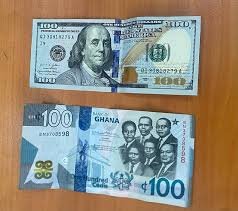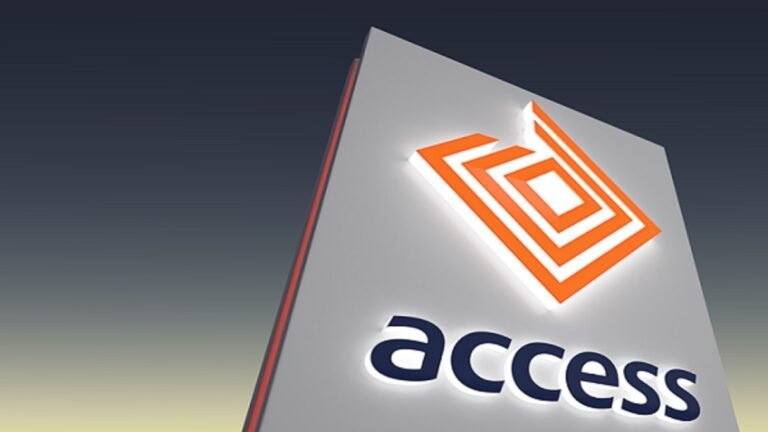The Ghanaian Cedi has been hailed as one of Africa’s best-performing currencies in 2025, with a steady official rate of GHS 10.3–10.4 per USD. But recent complaints from importers, captured in a press release by the Concerned Importers of Ghana (CIG), suggest a more complex—and troubling—reality beneath the surface.
Despite the Bank of Ghana’s (BoG) efforts to project exchange rate stability, importers say they cannot access US dollars at commercial banks, pushing them into the black market where rates soar past GHS 13/USD. This disconnect between the official interbank rate and real market availability is creating significant ripple effects across the economy.
Why Importers Can’t Find Dollars at the Banks
Public policy analyst Bright Simons offered an incisive breakdown of the mechanics behind the ongoing USD scarcity. According to Simons:
“The interbank rate is overly dominated by the Bank of Ghana. Because BoG keeps an eagle eye on this rate, commercial banks are cautious about straying from the policy signals they are getting. They make light trades among themselves at the official rate.”
This artificially maintained rate—while looking good on paper—discourages commercial banks from selling dollars in volume, as it does not reflect real supply-demand dynamics. The result? A booming parallel market, where businesses and traders flock to buy dollars at more realistic “clearing” rates of GHS 11.5 to GHS 13.
Economic Arbitrage and Currency Games
Simons revealed even more: “Ghanaian traders have started exploiting the situation—using Cedi debit cards to withdraw cash abroad or load USD virtual wallets to reroute dollars via unofficial channels.” These activities represent classic economic arbitrage, where misaligned official policies fuel incentives for grey-market behavior.
This growing divergence means that importers who rely on high volumes of USD for external trade are systematically excluded from access at official bank rates, worsening the business climate despite the supposed currency stability.
“The present situation where the BoG only announces the forex rates, without the banks selling dollars, is deeply worrying,” said the CIG in their release. CIG Press Release, page 1
The Bigger Picture: Overvalued Cedi and Undervalued Dollar
Simons warns that the Cedi’s overvaluation has created economic distortions. “Because the other prices in the economy have not moved accordingly, the Cedi has become overpriced. And the dollar underpriced,” he explained. This misalignment has caused commercial banks to pull back from real-dollar supply, leading to market segmentation with vastly different exchange rates.
Policy Path Forward: Float or Fix Supply
According to Simons, the only long-term fix is for Ghana to return to a managed float system that approximates the real effective exchange rate. In the interim, the government must re-channel some of its reserves through commercial banks to boost real supply and credibility.
“Policies like reducing gold forex through banks and shifting to BoG look good on paper. But in the medium term, they lead to undersupply,” he concluded.























